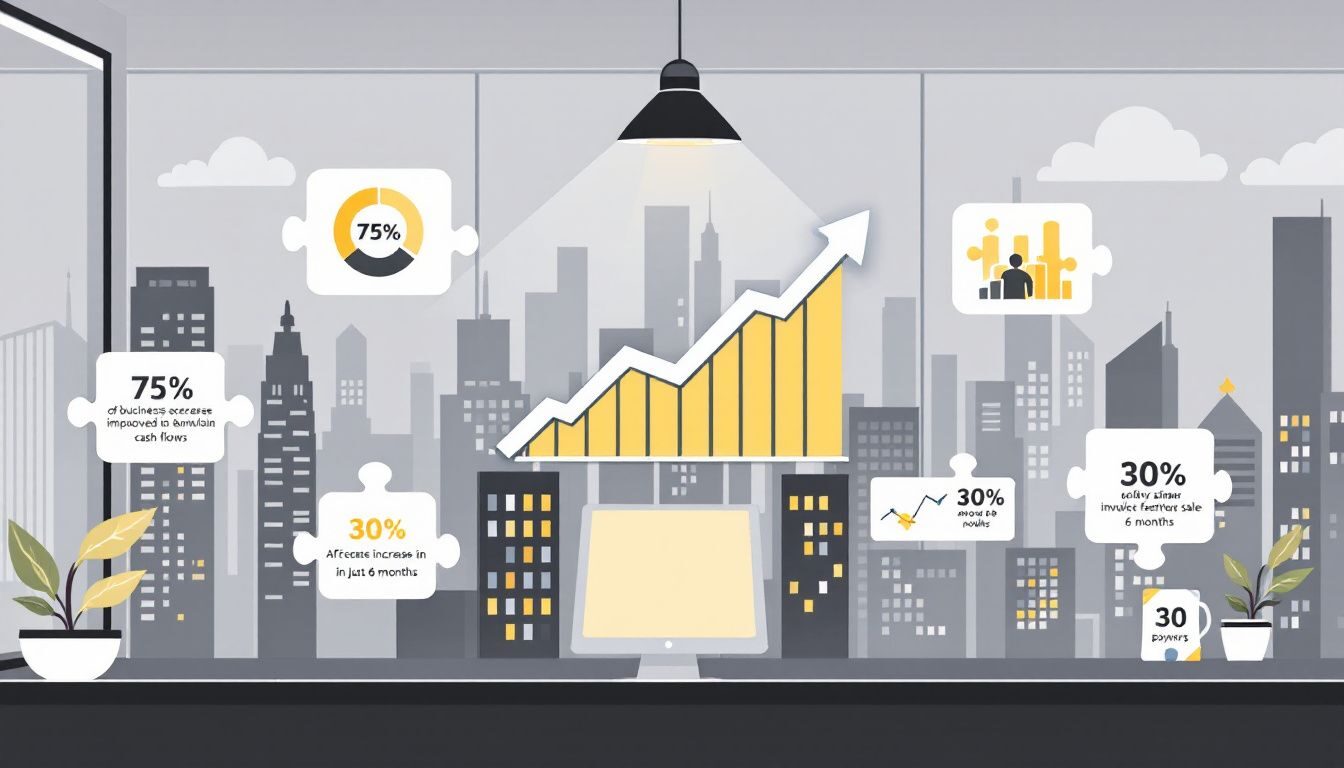Commodity investing is intricately tied to global events, with various international factors playing a pivotal role in shaping market dynamics. Understanding how these Global Events and Commodity Investing intersect is crucial for any investor aiming to navigate the complexities of the market effectively. From geopolitical tensions to economic shifts, global happenings can have profound effects on commodity prices and investment strategies. This article explores the multifaceted ways in which the Impact of World Events on Commodities unfolds and provides insights into the Influence of Global Trends on Commodity Investments.
Geopolitical Tensions and Commodity Markets
One of the most significant ways global events impact commodity markets is through geopolitical tensions. Political instability, wars, and diplomatic disputes can cause dramatic fluctuations in commodity prices. For example, conflicts in oil-producing regions often lead to spikes in crude oil prices due to concerns over supply disruptions. Similarly, trade wars or sanctions can alter the flow of commodities like metals and agricultural products, influencing global prices.
Consider the recent tensions between major economies and their repercussions on Commodity Markets and Global Factors. Trade restrictions or tariffs imposed by one country can affect the availability and cost of commodities worldwide. These disruptions can create volatility in the markets, presenting both risks and opportunities for investors.
Economic Policies and Commodity Prices
Economic policies implemented by governments and central banks also play a crucial role in commodity investing. Monetary policy decisions, such as changes in interest rates, can have a cascading effect on commodity prices. For instance, a rise in interest rates can strengthen a country’s currency, making commodities priced in that currency more expensive for foreign buyers. This can lead to reduced demand and lower prices for those commodities.
Moreover, fiscal policies and economic stimulus measures can influence commodity markets by altering economic growth rates. For example, infrastructure spending and other economic stimulus packages can drive up demand for industrial metals and energy resources. Conversely, austerity measures may lead to decreased consumption and lower commodity prices.
Environmental and Climatic Changes
Environmental and climatic changes are increasingly becoming major factors in commodity investing. Extreme weather events, such as hurricanes, droughts, and floods, can have a substantial impact on agricultural production and commodity supply chains. For instance, a severe drought can devastate crop yields, driving up prices for grains and other agricultural commodities. Similarly, hurricanes that disrupt oil production or transportation can lead to supply shortages and price increases.
The broader trend towards environmental sustainability is also influencing commodity markets. Investors are increasingly considering the environmental impact of their investments, which can affect the demand for certain commodities. For example, the shift towards renewable energy sources is driving up demand for metals used in batteries and green technologies, while decreasing reliance on fossil fuels.
Technological Advances and Market Dynamics
Technological advancements are reshaping commodity markets in various ways. Innovations in extraction and production technologies can affect supply levels and, consequently, prices. For instance, advancements in fracking technology have significantly increased the supply of natural gas and oil in recent years, leading to lower prices and a shift in global energy dynamics.
Additionally, technology plays a role in market transparency and efficiency. Data analytics and algorithmic trading have transformed how investors analyze and react to global events. These tools enable more precise forecasting and quicker responses to market changes, influencing how global events impact commodity investing.
Global Economic Trends and Investment Strategies
The interconnected nature of the global economy means that economic trends in one region can have ripple effects on commodity markets worldwide. Economic growth in emerging markets, for example, can lead to increased demand for raw materials and energy resources. Conversely, economic slowdowns or recessions can lead to decreased demand and lower prices for commodities.
Investors need to stay attuned to these global economic trends to make informed decisions. Analyzing economic indicators, such as GDP growth rates, inflation, and trade balances, can provide valuable insights into potential market movements. By understanding how these Global Events and Commodity Investing dynamics interplay, investors can develop more effective strategies for managing risk and capitalizing on opportunities.
Conclusion
The Impact of World Events on Commodities is profound and multifaceted, encompassing geopolitical tensions, economic policies, environmental changes, technological advancements, and global economic trends. Recognizing how these factors influence Commodity Markets and Global Factors is essential for navigating the complexities of commodity investing. By staying informed about global events and understanding their potential effects on commodity prices, investors can better position themselves for success in an ever-evolving market. Embrace these insights to enhance your investment strategy and achieve your financial goals.

